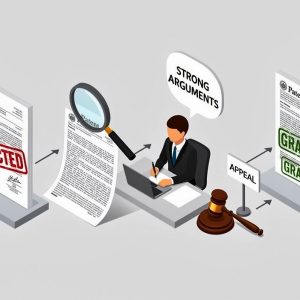-
Home / News
News
-
Read More
From 2 February 2026, small and medium-sized enterprises (SMEs) in Latvia can apply for co-financing of intellectual property protection. Support will be available until 4 December 2026 or until the funds allocated to the support programme are exhausted.
💡 The SME Fund closed 2025 with a significant number of applications from Latvian entrepreneurs – 574 applications were received from Latvian SMEs, applying in total for 750 services. -
Read More
A pivotal transformation is taking shape in how America safeguards its AI innovation, and 2026 stands poised to become a watershed moment for patent law. What makes this shift so compelling is the fundamental disconnect between two powerful forces: the courts and the Patent Office are operating with fundamentally different philosophies about what deserves protection.
-
Read More
You know that moment when you come up with what feels like a brilliant invention, only to have a patent examiner say, "Well, that's just obvious"? That’s where KSR v. Teleflex comes in — a Supreme Court case that quietly reshaped the rules of innovation, changing forever the way of determining whether an invention is truly novel or merely a predictable mix of existing ideas.
-
Read More
In patent applications, contracts, and statutes, every word and every punctuation mark must eliminate ambiguity rather than create it. One of the simplest yet most powerful tools for achieving that clarity is the serial comma—also called the Oxford comma or Harvard comma—the comma placed immediately before the coordinating conjunction (usually “and” or “or”) in a list of three or more items.
-
Read More
For companies seeking patent protection across Europe, particularly small and medium-sized enterprises (SMEs), understanding the differences between the traditional granted European patent and the newer Unitary Patent (European patent with unitary effect) is crucial for managing Intellectual Property (IP). While both systems originate from a single application process at the European Patent Office (EPO), they differ significantly in their territorial effect and post-grant requirements.




